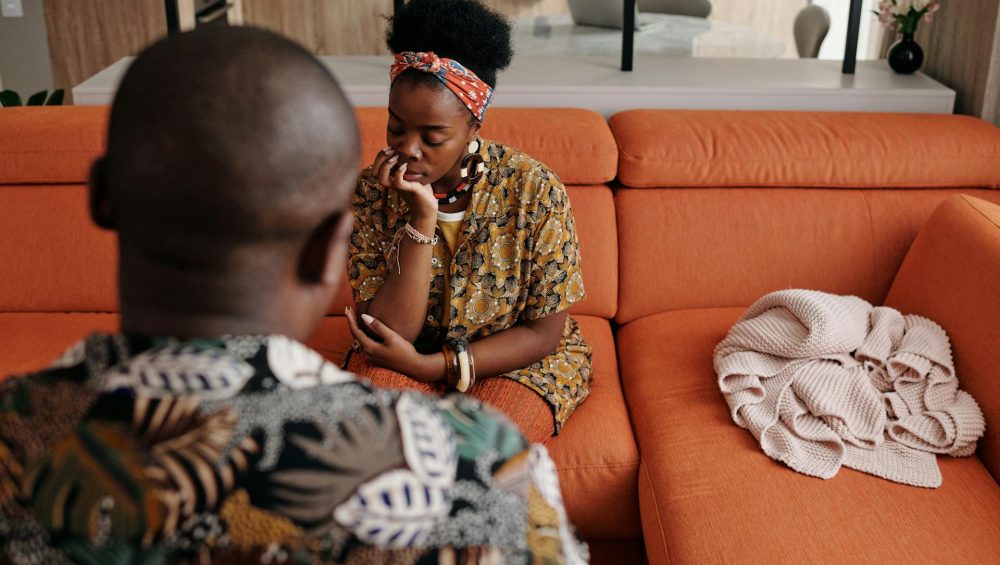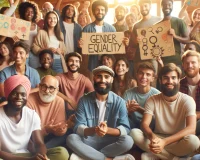Sexual and gender-based violence (SGBV) continues to be a pervasive issue in Akwa Ibom State, affecting countless individuals and families. While the fight against SGBV is ongoing, it is crucial to focus on empowering survivors and providing them with the necessary tools and support to rebuild their lives.
Understanding the Importance of Survivor Empowerment
Empowering survivors of SGBV involves providing them with the resources, support, and opportunities they need to regain control over their lives. Empowerment is crucial because it helps survivors to:
- Reclaim Their Sense of Self: SGBV often leaves victims feeling powerless and devalued. Empowerment helps them rebuild their self-esteem and confidence.
- Achieve Economic Independence: Financial stability is a critical aspect of empowerment, allowing survivors to support themselves and avoid dependence on abusers.
- Access Justice and Support Services: Empowerment includes helping survivors navigate the legal system and access medical, psychological, and social support.
- Become Advocates for Change: Empowered survivors can become powerful advocates for themselves and others, helping to break the cycle of violence.
Resources and Support Services in Akwa Ibom State
Numerous organizations and initiatives in Akwa Ibom State are dedicated to supporting survivors of SGBV. These resources are essential for providing the comprehensive care and support survivors need:
- Healthcare Services: Medical care is often the first step for survivors. Hospitals and clinics provide necessary treatments for physical injuries and sexual health concerns.
- Counseling and Psychological Support: Professional counseling services help survivors cope with trauma and emotional distress, facilitating their mental health recovery.
- Legal Assistance: Access to legal support ensures that survivors can seek justice and hold perpetrators accountable. Legal aid organizations provide guidance and representation.
- Shelters and Safe Houses: These facilities offer a safe haven for survivors escaping abusive situations, providing temporary accommodation and support.
- Economic Empowerment Programs: Initiatives that offer vocational training, job placement, and financial literacy programs help survivors achieve economic independence.
How the Community Can Support Survivor Empowerment
Community involvement is vital in the empowerment of SGBV survivors. Here are some ways that individuals and groups can contribute:
- Raise Awareness: Educate yourself and others about SGBV and the importance of supporting survivors. Awareness campaigns can help reduce stigma and encourage more survivors to seek help.
- Volunteer Your Time and Skills: Many organizations supporting survivors rely on volunteers. Whether it’s offering professional skills, mentorship, or simply lending a hand, your contribution can make a significant difference.
- Provide Financial Support: Donations to organizations that support survivors can help fund crucial services such as medical care, counseling, and legal aid.
- Advocate for Policy Change: Support legislative efforts to strengthen protections for SGBV survivors and ensure that perpetrators are held accountable.
- Create Safe Spaces: Foster environments in your community where survivors feel safe and supported. This includes workplaces, schools, and public spaces.
Personal Stories of Empowerment
Sharing stories of empowerment can inspire others and demonstrate the impact of support services. Here are a few examples of how empowerment has transformed lives:
- Ekaete’s Story: After escaping an abusive relationship, Jane found refuge in a local shelter. With the help of counseling and vocational training, she started her own small business and now advocates for other survivors.
- Mary’s Journey: A survivor of sexual assault, Mary received legal aid and successfully prosecuted her attacker. She now works with a support organization, helping other survivors navigate the legal system.
- Esther’s Experience: After receiving medical and psychological support, Esther regained her confidence and returned to school. She is now pursuing a degree in social work to help other survivors.
Empowering survivors of sexual and gender-based violence is a crucial step in addressing the broader issue of SGBV in Akwa Ibom State. By providing resources, support, and opportunities for survivors to rebuild their lives, we can help them regain their sense of self and achieve economic independence. Community involvement is key to this process, and everyone has a role to play in supporting and advocating for survivors. Together, we can create a safer and more empowering environment for all.
For more information on how to support survivors or to access resources, please visit our office, website, send an email.






